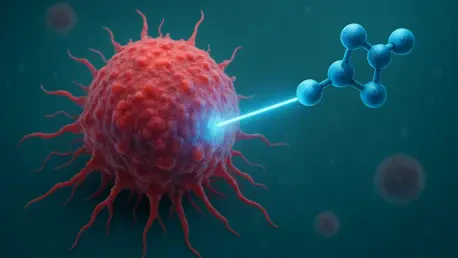
The fight against cancer is entering a bold new era, where the intricacies of tumor biology are reshaping the very foundation of clinical trials and therapeutic development, moving beyond outdated methods to address the real challenges of treatment resistance. For too long, cancer treatments have
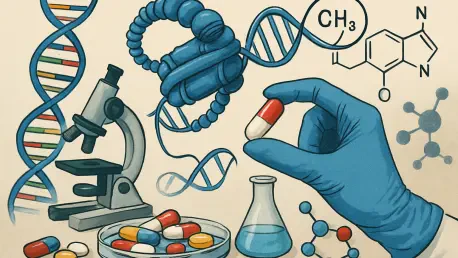
Imagine a world where chronic diseases like cardiovascular disorders, metabolic conditions, and autoimmune issues are treated not by altering the very fabric of DNA, but by subtly tweaking how genes are expressed—a safer, more precise approach to healing that could transform countless lives.
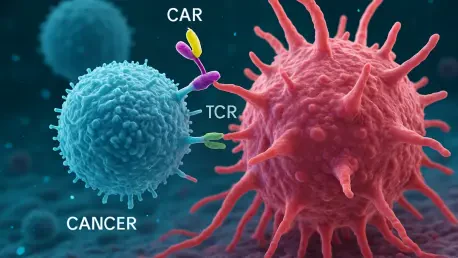
In the ceaseless battle against cancer, a remarkable stride forward has surfaced, promising to reshape the landscape of treatment options for patients worldwide. Chimeric Antigen Receptor T-cell (CAR-T) therapy, a cutting-edge immunotherapy that reengineers a patient’s immune cells to seek out and

Cancer continues to be one of the most daunting challenges in modern healthcare, with millions of lives affected annually by its devastating impact, and traditional treatments like chemotherapy and radiation, while often effective, frequently bring debilitating side effects and inconsistent
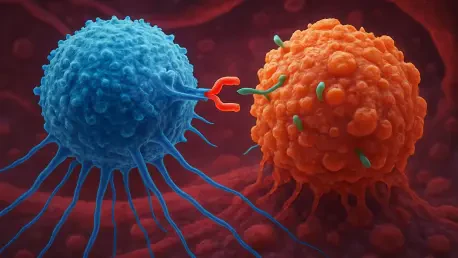
What if a cancer diagnosis no longer meant waiting weeks or months for a life-saving treatment, but instead, a solution could be engineered directly within the body in mere days? This isn’t science fiction—it’s the promise of in vivo CAR T cell therapy, a cutting-edge approach that could redefine
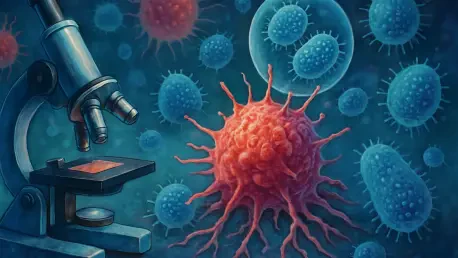
In the rapidly advancing realm of cancer research, a transformative study from the University of East Anglia (UEA), recently published in Science Translational Medicine , has captured significant attention with its exploration of the microbial world within tumors. This research delves into whether